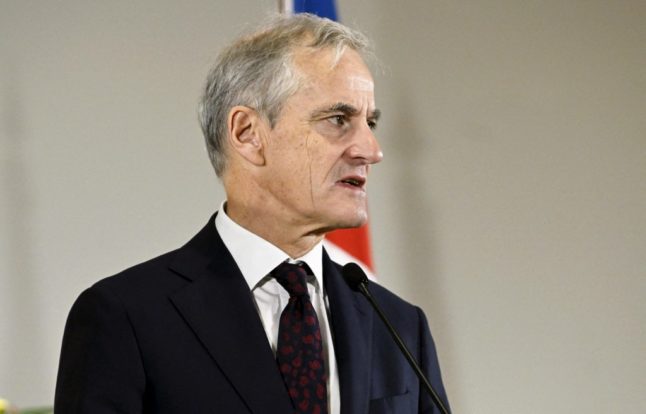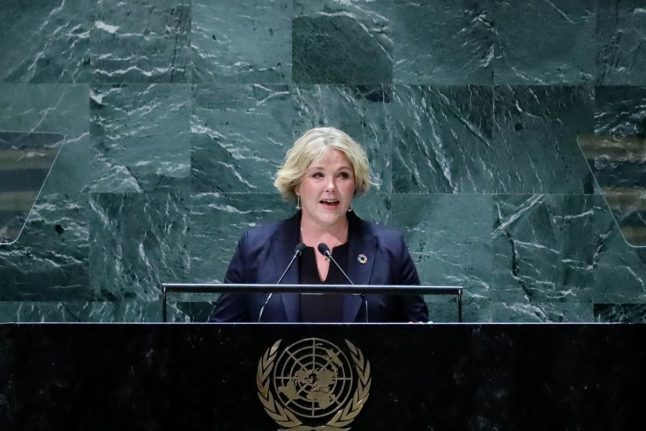At his annual Christmas press conference, Prime Minister Jonas Gahr Støre pointed to Russia’s invasion of Ukraine as a tipping point for both politics and day-to-day life in both Norway and Europe.
“Ukraine has been hit the hardest, but the ripple effects are numerous, and they are increasing,” Støre said, referring to the sky-high prices as well as millions of refugees.
No short-term fixes
He also said that the many crises affecting Norway are not something the government can solve with simple measures.
“We are not going to get results on this in the next week or month. We must have the strength to persevere,” Støre said.
He announced that more money would be spent on electricity support measures this and the following year than on providing children and young people with primary school education in a typical year.
“We must continue to expect high electricity prices. They will fluctuate with the weather, but they will be higher than we were used to before the war,” Støre said.
Governmental priorities
The Prime Minister insisted that his government was on the right track in handling the inflation crisis, the energy issues, and the flow of refugees.
He added that the cost of living crisis is being prioritized.
“What we are doing now is bringing down price growth as quickly as possible, avoiding interest rates becoming too high, and helping ensure that as many people as possible out of the over 100,000 who have found jobs after the pandemic keep them. Also, we’re making sure that those hit hardest by the rise in prices are taken care of,” Støre stated.
Strengthening the welfare system
Norway’s Prime Minister also pointed out that the government has adopted tax measures which he called “fairer.”
“It is necessary to strengthen welfare in times of crisis,” Støre said, adding that the government’s primary focus is “to provide a welfare upgrade that applies to everyone.”
“We do not set an income limit on welfare,” he concluded.



 Please whitelist us to continue reading.
Please whitelist us to continue reading.
Member comments